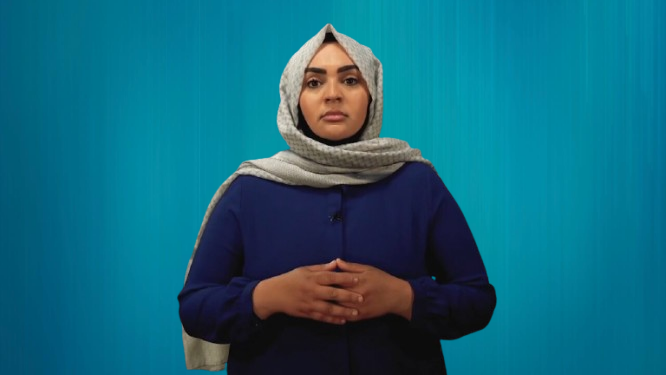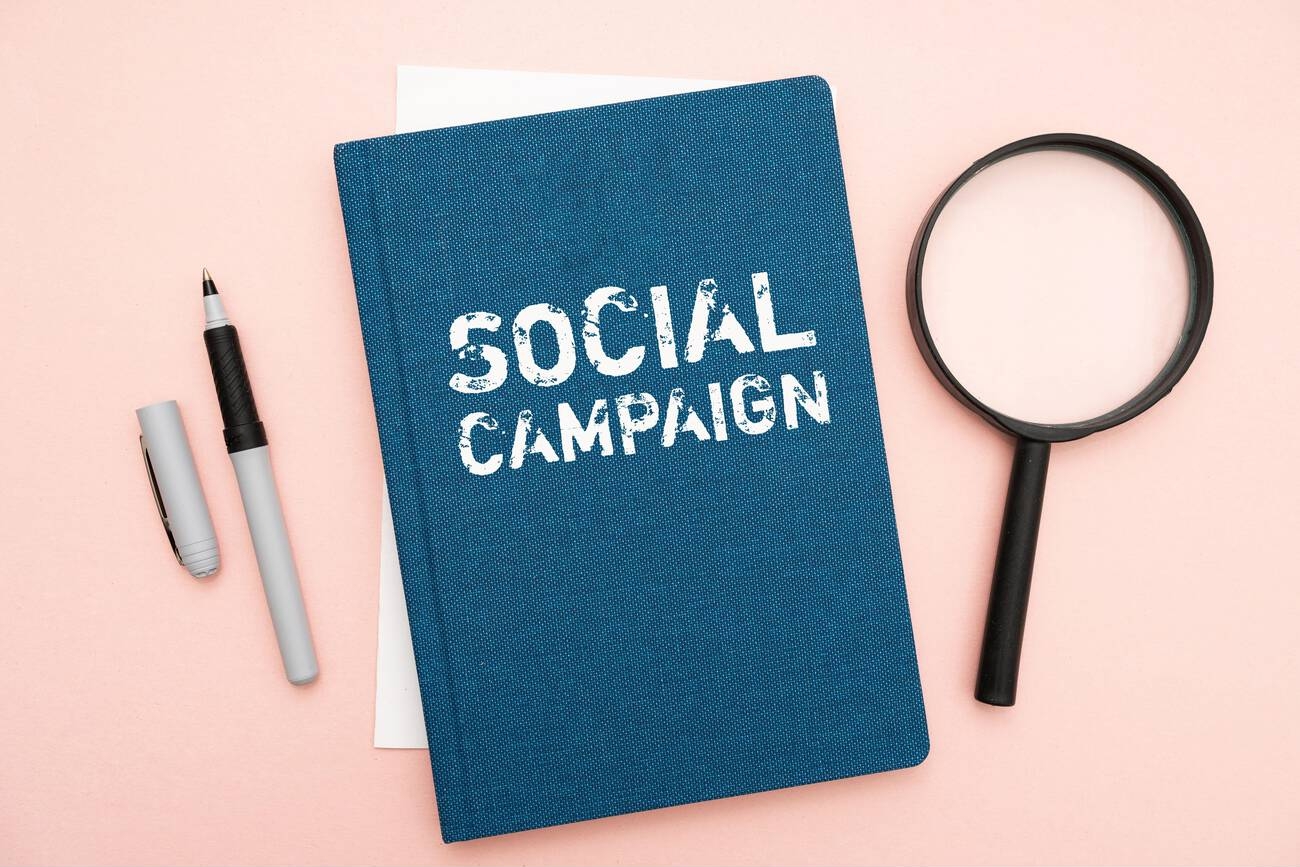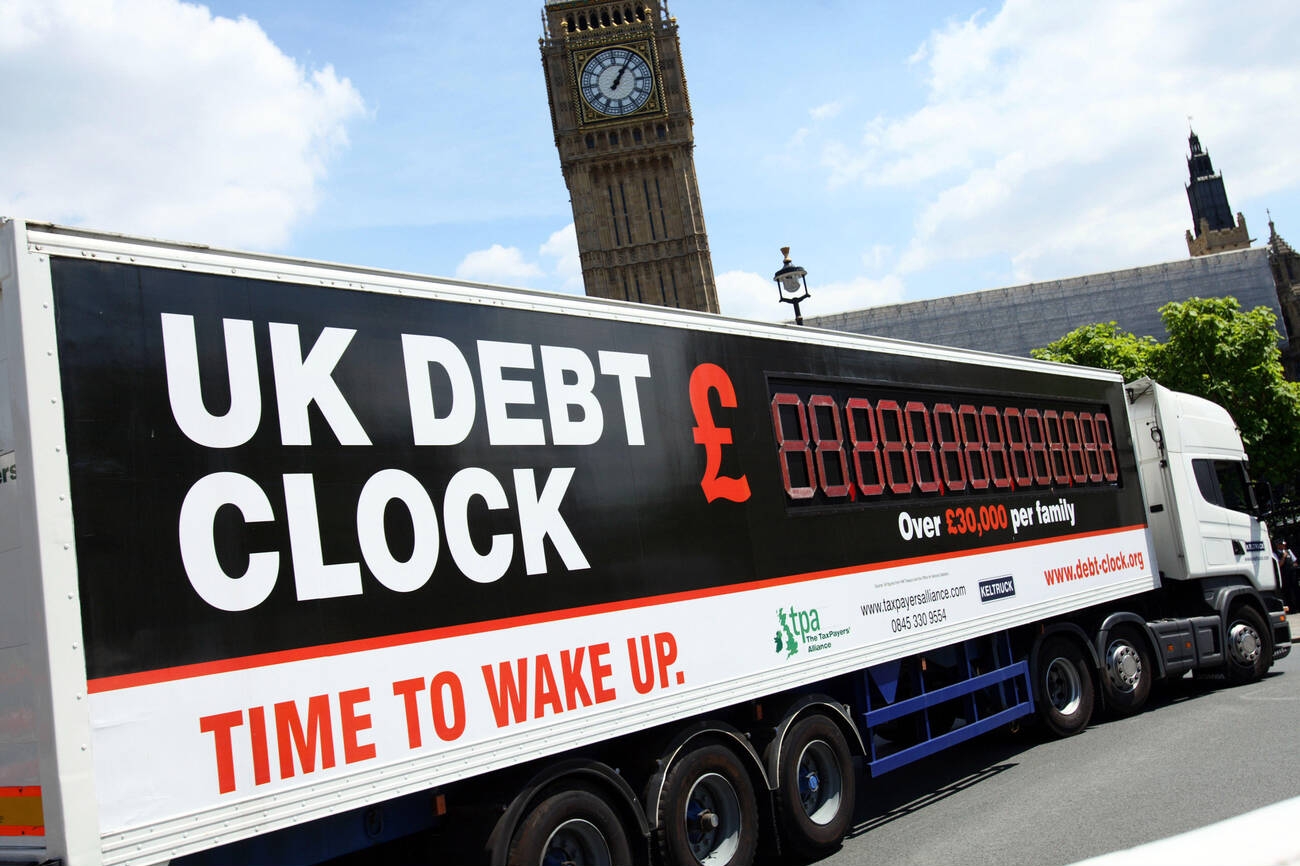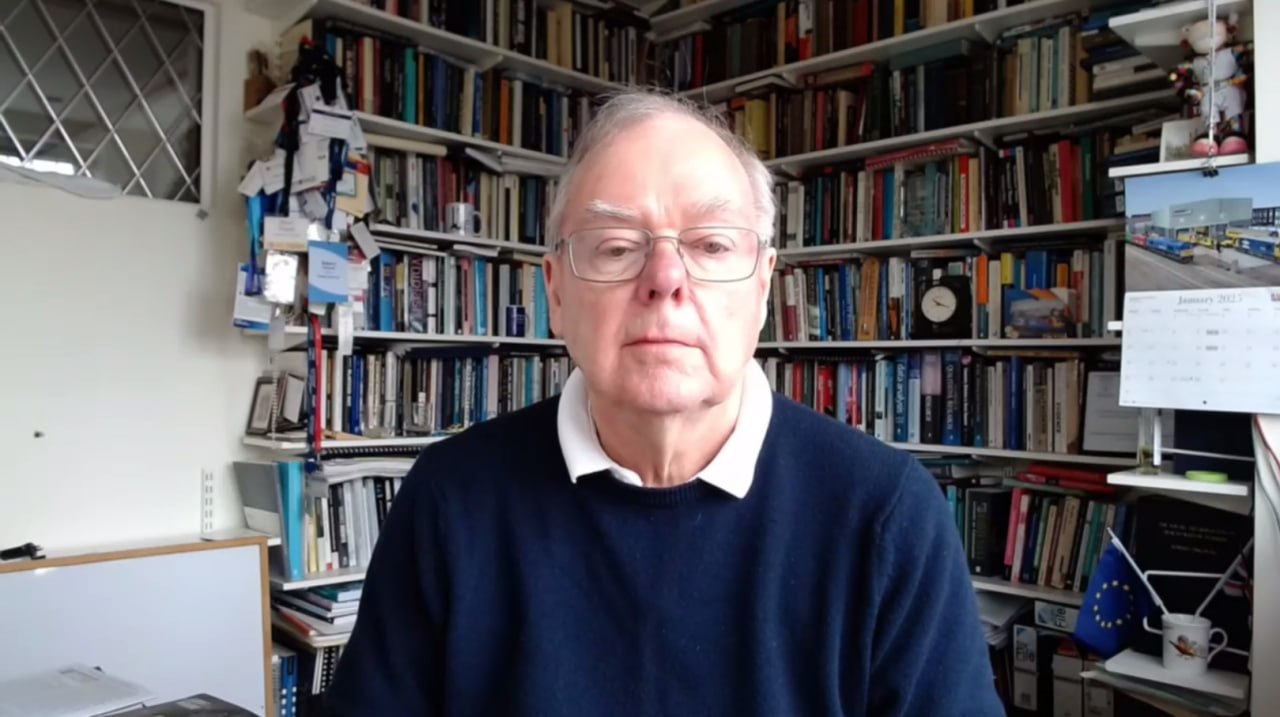The impact of influencer culture on the UK
Influencers are reshaping Britain’s cultural and political landscape—from amplifying marginalized voices to challenging mainstream narratives. But as digital spaces

Influencers are reshaping Britain’s cultural and political landscape—from amplifying marginalized voices to challenging mainstream narratives. But as digital spaces grow, so do the tensions between visibility and values, solidarity and commodification. In this exclusive commentary, Latifa Abouchakra explores the promise and perils of influencer culture—from pro-Palestinian resistance to the mental health fallout of hyper-curated lives—and asks: what kind of influence are we really uplifting?
1- How has the rise of influencer culture in the UK reshaped community values and social norms, particularly among younger generations?
Influencer culture in the UK has created both opportunities and crises of values. For younger generations, it has normalized a type of self-presentation where worth is tied to visibility and brandability, not substance. But at the same time, it has opened up digital spaces where marginalized communities—Palestinians, Black Britons, migrants—can speak for themselves, outside of mainstream gatekeepers. Many young people are rejecting the idea that community values should come from politicians or legacy media; they’re instead building solidarity through influencers who speak to their lived struggles. The danger, though, is when this culture prioritizes lifestyle aesthetics over justice, or performance over principle.
2- In what ways are influencers contributing to both the cohesion and fragmentation of UK communities, especially considering diverse social and cultural backgrounds?
Influencers can either stitch communities together or fragment them further. On one hand, they provide platforms where shared experiences—racism, Islamophobia, economic precarity—can be voiced, giving people language for their pain and solidarity. On the other hand, because visibility is often awarded to those who fit “palatable” molds, some communities fracture between those who are seen as “acceptable voices” and those who are excluded for being “too radical” or “too political.” In my own case, speaking unapologetically for Palestinian resistance has united me with a global community, but it has also led to exclusion from the UK’s liberal-left spaces that want Palestinians to remain victims, not fighters.
3- What role do influencers play in shaping public discourse and political engagement within UK society? Are there examples where their impact has driven tangible policy changes?
Influencers play a massive role in shaping discourse, especially because they bypass traditional media filters. We saw this in the UK with movements like #BlackLivesMatter or #FreePalestine, where influencers mobilized mass protests in cities that mainstream parties had long ignored. Sometimes this pressure has forced tangible shifts—for instance, the UK government facing sustained youth-led digital pressure over arms sales to Israel, or the corporate boycotts triggered by influencer-driven campaigns. But what’s important is that influencers are not waiting for policy change; they’re shaping political consciousness at the grassroots level. Policy lags behind, but the discourse shift is undeniable. Palestine Action is the prime example to use – they have exclusively relied on the support of the moral, principled, free-thinkers of the world and showcased their activism on social media, with their aims and objectives of causing material damage to arms manufacturers and their subsidiaries becoming a model that others have begun all over the world. The mainstream media’s attempts at painting them as criminals and deviants has only resulted in the mass questioning of the morality of laws that allow weapons factories and world governments to operate and trade with the Zionist genocidal entity.
4- Considering the economic influence of social media personalities, how are local businesses and traditional industries in the UK adapting to the influencer-driven market shift?
Many local businesses, particularly small independents, are turning to micro-influencers rather than traditional advertising. A café or a bookshop can reach its community more directly by collaborating with an influencer whose values align with their brand. A brand like Sumuud is a great example; they bring Palestinian resistance culture to Western audiences through fashion, art, and storytelling — promoting resilience, justice, and solidarity. Their mission statement states that they ‘encourage you to be visual with your support for liberation and #WearTheResistance’
But at the same time, larger corporations have commodified “activism” itself—hiring influencers to perform diversity or social justice aesthetics without real accountability. The real challenge is ensuring that economic collaborations don’t strip movements of their political edge. For me personally, I’ve seen how businesses shy away from working with me because of the risks of associating with unapologetically pro-Palestinian voices. That tells you how political economy intersects with influencer culture.
5- What are the social implications of the unrealistic lifestyles and success portrayed by influencers on mental health and community well-being in the UK?
The curated, hyper-consumerist influencer lifestyle is devastating for mental health. Young people measure themselves against impossible standards of wealth, beauty, or “effortless” success, and feel they fall short. Communities built on solidarity are replaced by ones built on comparison. But there’s also a counter-movement of authenticity: influencers who reject glossy consumerism and instead highlight struggle, resistance, and collective care. The question is: which side of influencer culture do we uplift? For me, the responsibility of being an influencer is to model honesty—even about burnout, fear, and vulnerability—so people don’t feel isolated in their struggles.
6- How effective are current UK regulatory frameworks in managing the societal risks associated with influencer culture, and what improvements could better protect community interests and promote ethical digital practices?
Right now, UK regulation is primarily about consumer protection—disclosure of ads, safeguarding children from harmful content. But it does little to address the deeper risks: online harassment, doxxing, state surveillance, or the silencing of dissident voices. When I was doxed, there were no protections in place; instead, media outlets amplified the attacks. If the UK truly cared about community interests, regulation would include stronger anti-doxxing protections, platform accountability for harassment, and limits on corporate exploitation of activism. Ethical digital practice should mean protecting not just consumers from misleading ads, but communities from the weaponization of digital space against marginalized voices.









